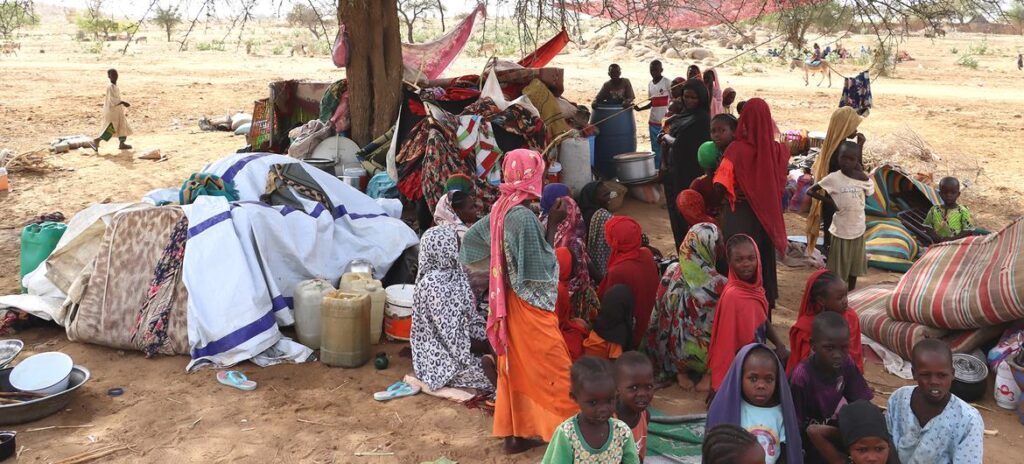Acting UN Under-Secretary-General for Humanitarian Affairs and Emergency Relief Coordinator Joyce Msuya has described the humanitarian situation in Sudan as beyond appalling.
Msuya’s remarks, circulated in a press release, were made during a High-Level Side Event at the 79th Session of the General Assembly in New York on Wednesday.
In her presentation titled; “The Cost of Inaction: Urgent and Collective Support to Scale Up the Humanitarian Response in Sudan and the Region”, she said the people of Sudan continued to pay the unbearable price of a war in which horrific violations continued unabated.
Msuya said civilians were being killed in their hundreds in attacks on residential areas and sexual violence had become a tactic of war, particularly against women and girls.
“Ethnically motivated attacks, and testimonies of summary execution, rape and forced displacement in West Darfur.
“And now, as the rainy season and its devastating floods subside, we have seen a rapid escalation of the fighting in El Fasher in North Darfur, causing further death and destruction, with clashes also continuing to directly impact civilians in several other areas,” Msuya said.
She further said that the war had triggered what is now among the world’s largest displacement crises, with more than half the population of Sudan – 25.6 million people – acutely food insecure.
Last month, famine was confirmed in Zamzam displacement camp, near El Fasher, with similar conditions likely in nearby sites, and many other areas at immediate risk.
Almost 5 million children under the age of 5, and pregnant women and breastfeeding mothers were already acutely malnourished.
The UN official noted that the dire situation had been compounded by severe constraints on humanitarian access, due to a volatile security situation that complicates the movement of supplies and endangers humanitarian personnel.
Also is the mix is a wide range of bureaucratic and administrative restrictions that can further delay aid deliveries and the movement of humanitarian personnel. Frequent denials of access to key areas, she said.
Sudan has also experienced heavy rains in recent months that have damaged roads, bridges and a crucial dam, and enabled the rapid spread of cholera and other diseases.
Msuya appealed to the international community to commit to taking urgent, concrete steps to protect and support civilians in Sudan.
“First, we urge member states to use all their leverage to bring the horrific violations of international humanitarian law and the abuses of human rights law to an end.
“Second, we need a concerted diplomatic push for a step change in humanitarian access. For the safe, streamlined and swift delivery of aid through all possible routes – both cross-border and cross-line,” she said.
Msuya welcomed the recent announcement by the President of the Sovereign Council of Sudan to reopen the crucial Adre crossing from Chad and urged the UN members to support efforts to scale up the volume of assistance through the crossing and to extend this lifeline beyond the initial three-month period, without the imposition of new processes that may further delay operations.
The war that has been raging since April 2023 pits the Sudanese Armed Forces (SAF) against the paramilitary Rapid Support Forces (RSF). It has claimed thousands of lives and uprooted hundreds of thousands of civilians from their home into the camps for the internally displaced, or as refugees in neighboring countries. Various initiatives to end the war have borne no fruits, with each side pursuing a military victory.




